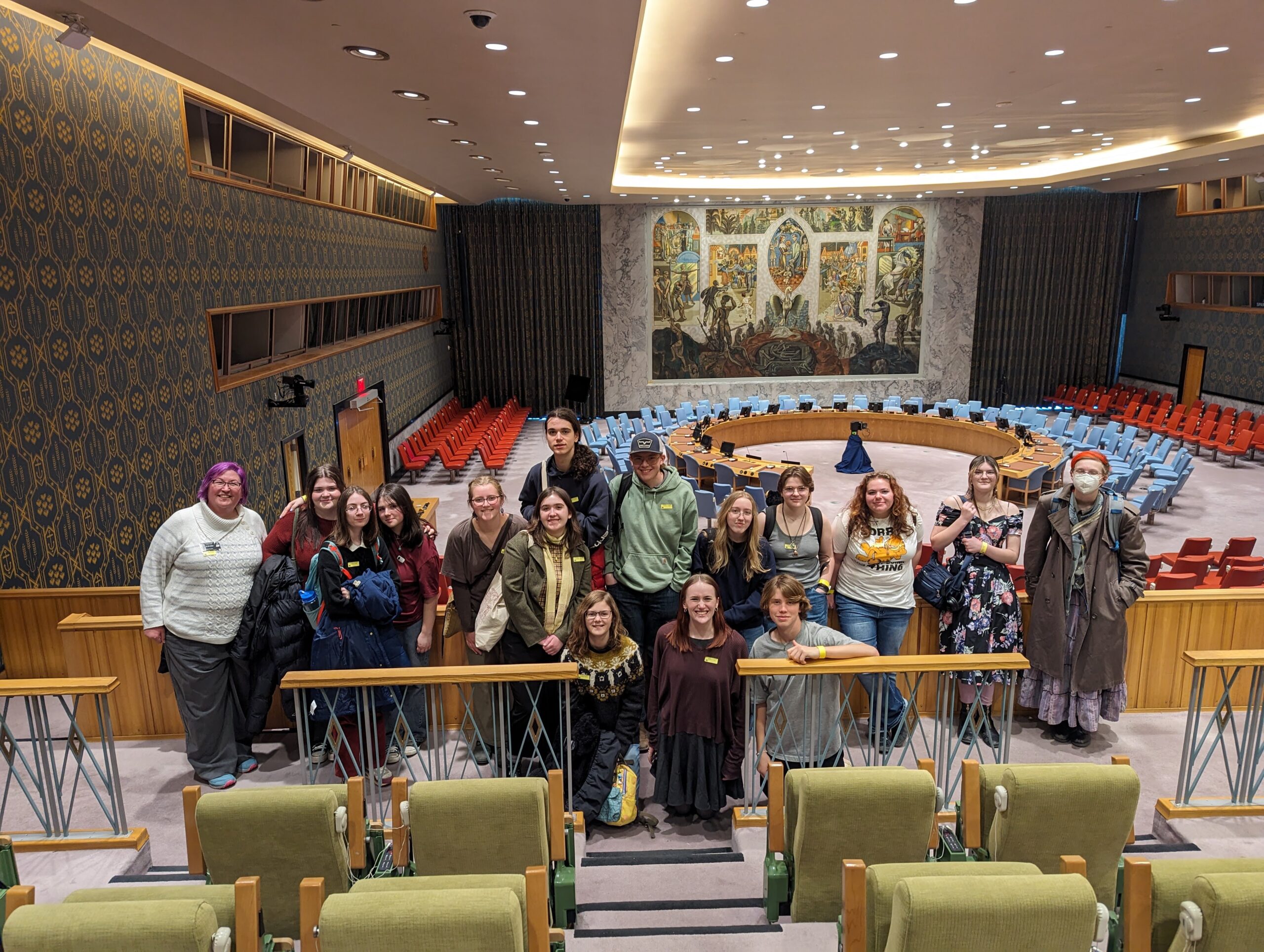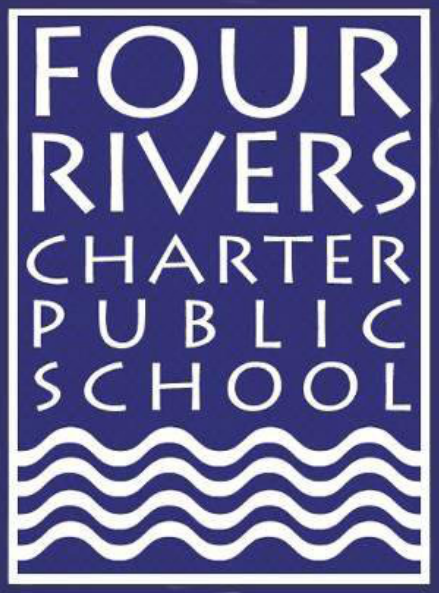
Expeditionary Learning
Four Rivers is credentialed with EL Education, a non-profit organization devoted to providing a highly-respected model of comprehensive school reform. EL Education, formerly Expeditionary Learning, emphasizes high achievement through active learning, character growth, and teamwork. Its extensive professional development program provides Four Rivers teachers with powerful instructional methods to strengthen student learning, as well as opportunities to share best practices with an expanding network of EL Education schools across the country.
Four Rivers has contributed significantly to the EL network by sharing exemplary models of our teaching practices and Learning Expeditions. Four Rivers teachers have presented at annual EL National Conferences, and examples of Four Rivers products and assessment methods have been shown at many new and developing EL schools.
During AY24-25 the team at Four Rivers completed the school’s EL Credential renewal process, an in depth reflection and sharing of how the school is implementing the full model of EL Education’s core practices. The slidedeck and linked Zoom recording shares the story of the credential process and the presentation that took place in early March. The school was awarded a full EL Credential for the next five years!
“The school’s mission includes responding to this generation’s challenges such as ecological integrity, the need to foster local community, and discerning and using efficient technology. It helps to make the educational material meaningful in an authentic way.
It also underlines our responsibility as citizens to apply what we’re learning, beginning now.“
-Four Rivers Parent Survey
Core Practices
Learning Expeditions: These challenging, interdisciplinary, real-world projects engage students in actively applying their knowledge and skills in ways that serve both their learning and their community. Through learning expeditions, students work on core academic standards, critical thinking and literacy skills, and craftsmanship while creating authentic products that are useful or necessary to others.
Active Pedagogy: In EL schools, students are collaborative and active learners who develop skills as inventors, designers, and problem-solvers. They learn to make connections, find patterns, see events from multiple perspectives, experiment, formulate questions, and develop empathy and compassion for others. Active pedagogy means students are actively involved in their learning experiences.
School Culture and Character: As an EL school, Four Rivers builds traditions and practices that support and strengthen the values we hold as a school community. Through our crews – small groups of 10-12 students with an advisor – we work to create a climate of physical and emotional safety. Faculty and students work together to be keepers of the school’s norms and culture through community- building, service to others and a commitment to high quality work and behavior.
Leadership and School Improvement: Leaders in EL schools create a professional community that focuses on curriculum and instruction as the primary vehicles for improving student achievement and school culture.
School Structures: EL schools use longer and more flexible schedule blocks, common planning time, heterogeneous groupings or looping to ensure student success.
EL Design Principles
1. THE PRIMACY OF SELF-DISCOVERY
Learning happens best with emotion, challenge and the requisite support. People discover their abilities, values, passions, and responsibilities in situations that offer adventure and the unexpected. In Expeditionary Learning schools, students undertake tasks that require perseverance, fitness, craftsmanship, imagination, self-discipline, and significant achievement. A teacher’s primary task is to help students overcome their fears and discover they can do more than they think they can.
2. THE HAVING OF WONDERFUL IDEAS
Teaching in Expeditionary Learning schools fosters curiosity about the world by creating learning situations that provide something important to think about, time to experiment, and time to make sense of what is observed.
3. THE RESPONSIBILITY FOR LEARNING
Learning is both a personal process of discovery and a social activity. Everyone learns both individually and as part of a group. Every aspect of an Expeditionary Learning school encourages both children and adults to become increasingly responsible for directing their own personal and collective learning.
4. EMPATHY AND CARING
Learning is fostered best in communities where students’ and teachers’ ideas are respected and where there is mutual trust. Learning groups are small in Expeditionary Learning schools, with a caring adult looking after the progress and acting as an advocate for each child. Older students mentor younger ones, and students feel physically and emotionally safe.
5. SUCCESS AND FAILURE
All students need to be successful if they are to build the confidence and capacity to take risks and meet increasingly difficult challenges. But it is also important for students to learn from their failures, to persevere when things are hard, and to learn to turn disabilities into opportunities.
6. COLLABORATION AND COMPETITION
Individual development and group development are integrated so that the value of friendship, trust, and group action is clear. Students are encouraged to compete not against each other, but with their own personal best and with rigorous standards of excellence.
7. DIVERSITY AND INCLUSION
Both diversity and inclusion increase the richness of ideas, creative power, problem-solving ability, and respect for others. In Expeditionary Learning schools, students investigate and value their different histories and talents as well as those of other communities and cultures. Schools and learning groups are heterogeneous.
8. THE NATURAL WORLD
A direct and respectful relationship with the natural world refreshes the human spirit and teaches the important ideas of recurring cycles and cause and effect. Students learn to become stewards of the earth and of future generations.
9. SOLITUDE AND REFLECTION
Students and teachers need time alone to explore their own thoughts, make their own connections, and create their own ideas. They also need time to exchange their reflections with other students and with adults.
10. SERVICE AND COMPASSION
We are crew, not passengers. Students and teachers are strengthened by acts of consequential service to others, and one of an Expeditionary Learning school’s primary functions is to prepare students with the attitudes and skills to learn from and be of service.
